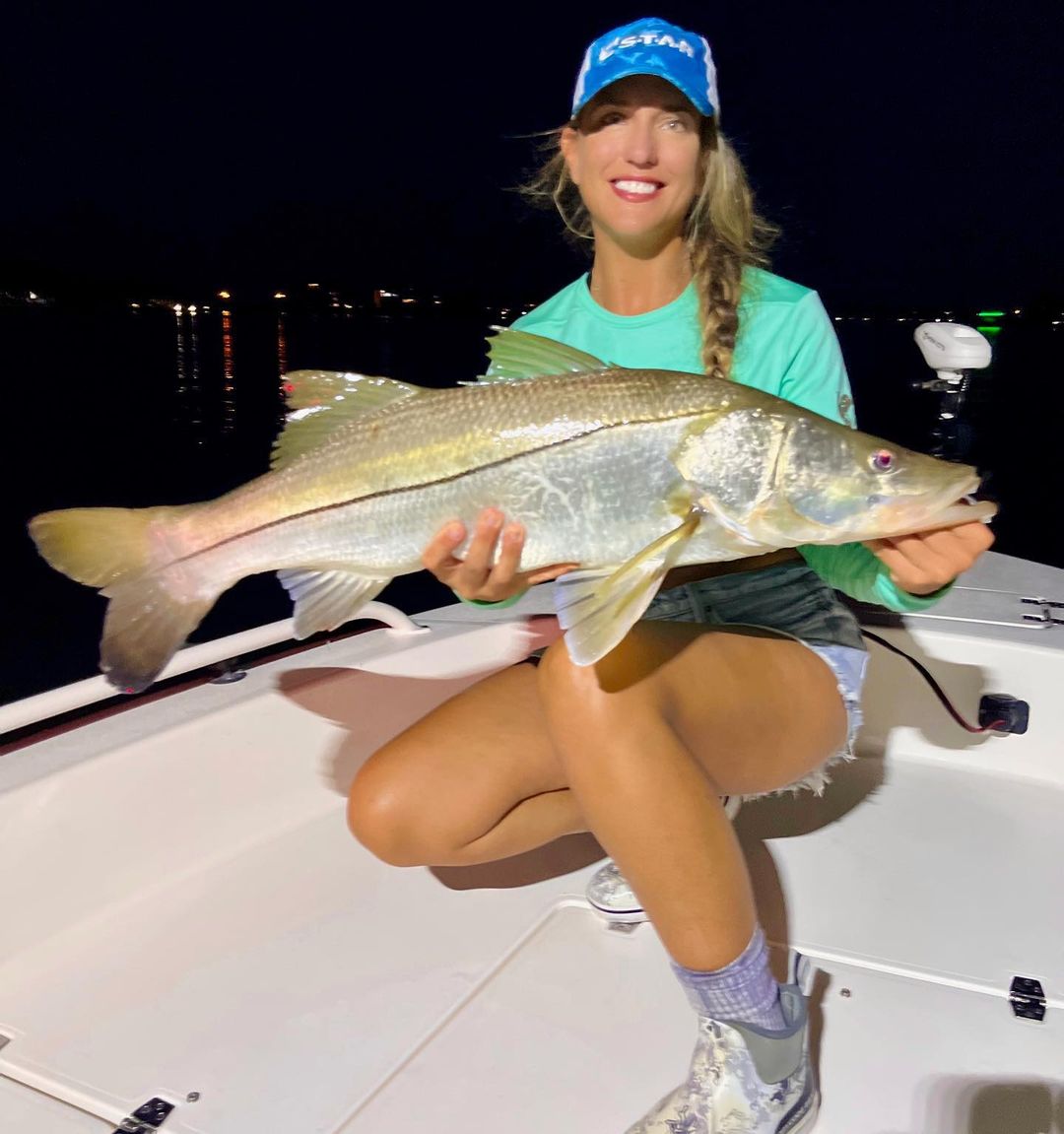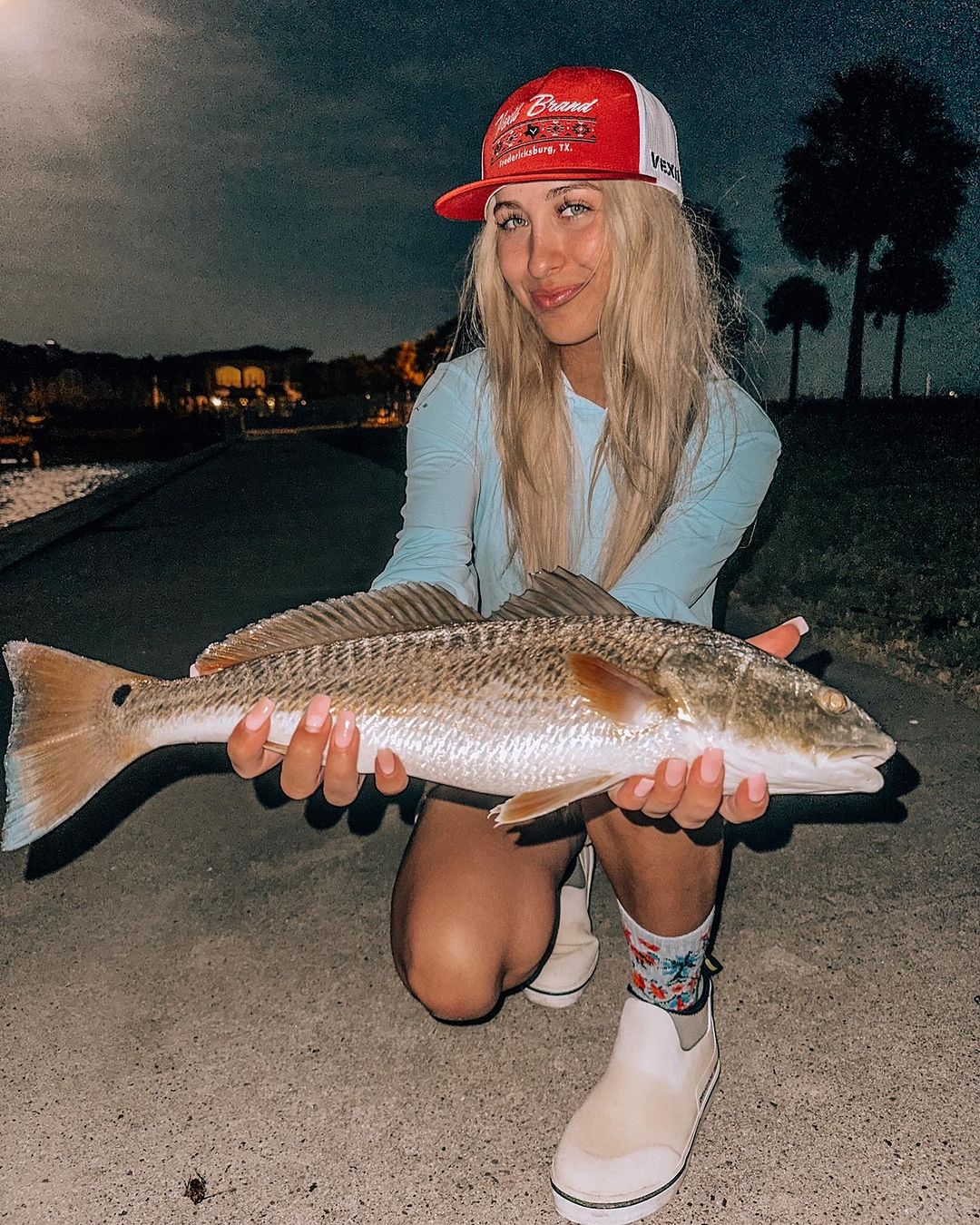This article is edited by Trudave. With years of experience in outdoor gear and waterproof apparel, Trudave advocates responsible hunting and respect for nature. Our goal is to help every hunter carry forward the true spirit of the outdoors. Visit our official website: https://trudavegear.com.
Respect wildlife and hunt responsibly with these key ethical principles.
Respect for Wildlife and the Land
Every ethical hunt starts long before first light. It begins with how you treat the ground you walk, the habitat you use, and the animals you pursue. Respect is not a tagline; it’s a standard. It looks like shutting a pasture gate behind you, packing out trash that isn’t yours, and reading regulations until you know them as well as your favorite timber pocket.
Respect also looks like restraint. You pass on shots that don’t feel right. You take clean angles. You give the wind and brush their due. Ethical hunters harvest what they can process and use, and they never treat wildlife as targets—only as resources they are privileged to pursue. We owe that to the game, to other hunters, and to the next generation watching us from the blind bench.
Public land demands this mindset even more. When pressure is high and tempers can run short at the ramp, respect is the difference between a community and a crowd. Offer a hand with a trailer, share the canal if someone beat you to your hole, and keep your calling and sky-busting in check. The marsh remembers the way we move through it.
Fair Chase: The Heart of Real Hunting
Fair chase is the North Star. It means giving game a genuine chance to detect you, evade you, and beat you. It’s the antidote to shortcuts—no bait piles where they aren’t legal, no spotlights at midnight, no trespassing for “just one shot.” Fair chase is accepting that the hunt can end in a tag sandwich and still be a success, because the way you hunted honors the animal and the tradition.
Technology doesn’t define the line—character does. High-quality optics, mapping apps, weather radar, and tuned calls have their place. But when tech erases challenge and turns pursuit into capture, we’ve crossed it. Ask yourself: “Would I be proud to tell this story to a kid I’m mentoring?” If the answer’s no, step back into the boundaries that give the moment meaning.
Fair chase also lives in the little choices: limiting sky busting over a crowded marsh; keeping your decoy spread ethical so birds don’t get flared into someone else’s line of fire; refusing to harass wildlife in the off-season for content. Hunt clean. Hunt honest. Hunt in a way you’d be proud to defend.
Safety and Responsibility
Nothing ethical happens after a careless moment. Safety is the foundation of the hunt: muzzle awareness, finger off the trigger until you’re ready to shoot, and never sending steel or lead toward what you haven’t clearly identified. Know your backstop. Know your partners’ positions. Communicate before the first flock wings in and again before the last shell leaves the magazine.
Wear blaze orange where required. Keep your PFD on when you’re running a duck boat through dark channels or crossing an icy bend. Learn basic first aid and carry what you need to handle a bad cut, a cold snap, or a busted prop miles from a ramp. Responsibility means preparing for the things you hope won’t happen and acting like your hunt partners’ families are counting on you—because they are.
Finally, respect property and law. Postings, setbacks, season dates, plug rules, shell limits—none of these are “suggestions.” They exist to maintain a fair, safe season for everyone. Ethical hunters understand that obeying the law is not a burden; it’s part of the privilege.
Honor, Humility, and Gratitude
Hunting can be humbling. A flock of mallards will make a liar out of your best call, and a whitetail can vanish into cover that looks as open as a kitchen floor. That humility is a teacher. Ethical hunters accept it with grace and gratitude—gratitude for the chance to be out there at all, gratitude for the meals and memories a single harvest can bring.
Honor the animal. Make clean recoveries. Take the time for good photos that show respect, not spectacle. Share meat with neighbors and tell the whole story, not just the highlight reel. Pass on what you’ve learned to newer hunters. Your legacy isn’t inches of antler or straps of green—it’s the example you leave behind.
Conservation and Community
We don’t simply use the resource—we regenerate it. Ethical hunters put dollars and sweat back into habitat. Buy your licenses. Support your state’s wildlife agency. Volunteer with groups restoring wetlands and upland cover. Show up to meetings when access and conservation are on the agenda, not just when seasons are changing.
Community is also looking out for each other. Help police our own ranks. If you see something that endangers the resource or the public, speak up. Be the hunter who mentors kids, invites the new neighbor, and bridges the gap between different camps in the outdoors. That’s how a heritage survives pressure, politics, and time.
Responsible Gear Choices (A Trudave Perspective)
Gear doesn’t make you ethical—your decisions do. But the gear you choose can reflect your values. Responsible gear respects the hunt, the land, and the moment a life becomes food. It means reliable tools that reduce waste, prevent suffering, and keep you safe and effective in rough country and colder water.
We believe in field-tested equipment designed to perform without gimmicks. Waterproof apparel that actually keeps you dry, boots and waders that keep you upright and focused, and layers that help you stay out longer to make clean, confident decisions. We design for the hunter who does the hard work right: scouts before they shoot, waits for a responsible shot, and treats every recovery like a promise kept.
When you buy or replace gear, choose longevity over novelty. Repair when you can. Rinse, dry, and store equipment so it lasts more seasons. Responsible choices save money, reduce waste, and make your hunt safer and cleaner. That’s the standard we hold ourselves to, and the standard we build for.
Practical Ethics in the Field: Scenarios and Standards
At the ramp: tempers rise when the fog’s thick and birds are moving. Load efficiently, help others launch, and clear the lane for the next rig. If someone beat you to “your” pocket, move on with a plan B you scouted earlier. There’s no ethical hunt that starts with entitlement.
On crowded water: keep spreads reasonable and shots safe. Avoid pass shooting birds working another group. Never swing on birds over another party’s decoys. Call with restraint—let the ducks, not your ego, decide who gets the show.
Shot selection: a good hunter is a patient one. Take shots you can make cleanly. Pass on high birds and poor angles. Clean kills are efficient, respectful, and the best advertisement for hunting done right.
Recovery and follow-up: mark fallen birds carefully, dispatch humanely and immediately, and use dogs where legal and trained. Nothing communicates character like the lengths you’ll go to recover what you shoot.
After the hunt: pick up hulls, pack out trash, close gates, and leave the place better than you found it. If you made a mistake, own it, fix it, and learn. Integrity isn’t perfection—it’s honesty under pressure.

Passing It On: Mentorship and the Next Season
Ethical hunting is a relay, not a sprint. Show a new hunter how to glass, how to read wind, how to be still—and why any of it matters. Teach them to cook the meat they harvest and to respect the stories behind it. Invite them into the conservation work too, so they understand that hunting is part of a bigger promise to the land and wildlife.
When we pass on skill and ethics together, we don’t just add hunters—we add stewards. That’s how our tradition becomes a legacy strong enough to weather time.
Closing Reflection: Respect. Responsibility. Legacy.
The hunt is more than a morning in the marsh. It’s a commitment—to clean shots and honest stories, to land and law, to wildlife and the folks standing beside you in a blind. The code of ethical hunting isn’t a rulebook you memorize; it’s a standard you live. Carry it into every season, and leave the outdoors better than you found it.
Built for hunters, trusted by nature — carry the spirit of ethical hunting wherever the trail leads.
Respect. Responsibility. Legacy.


Authoritative Resources
Learn more about ethical hunting and conservation efforts from these organizations:
- National Rifle Association (NRA): https://www.nra.org/
- National Wild Turkey Federation (NWTF): https://www.nwtf.org/
- Ducks Unlimited: https://www.ducks.org/
- Wildlife Conservation Society: https://www.wcs.org/
For reliable waterproof hunting gear built to last, visit Trudave’s official website to explore our field-tested collections.




















